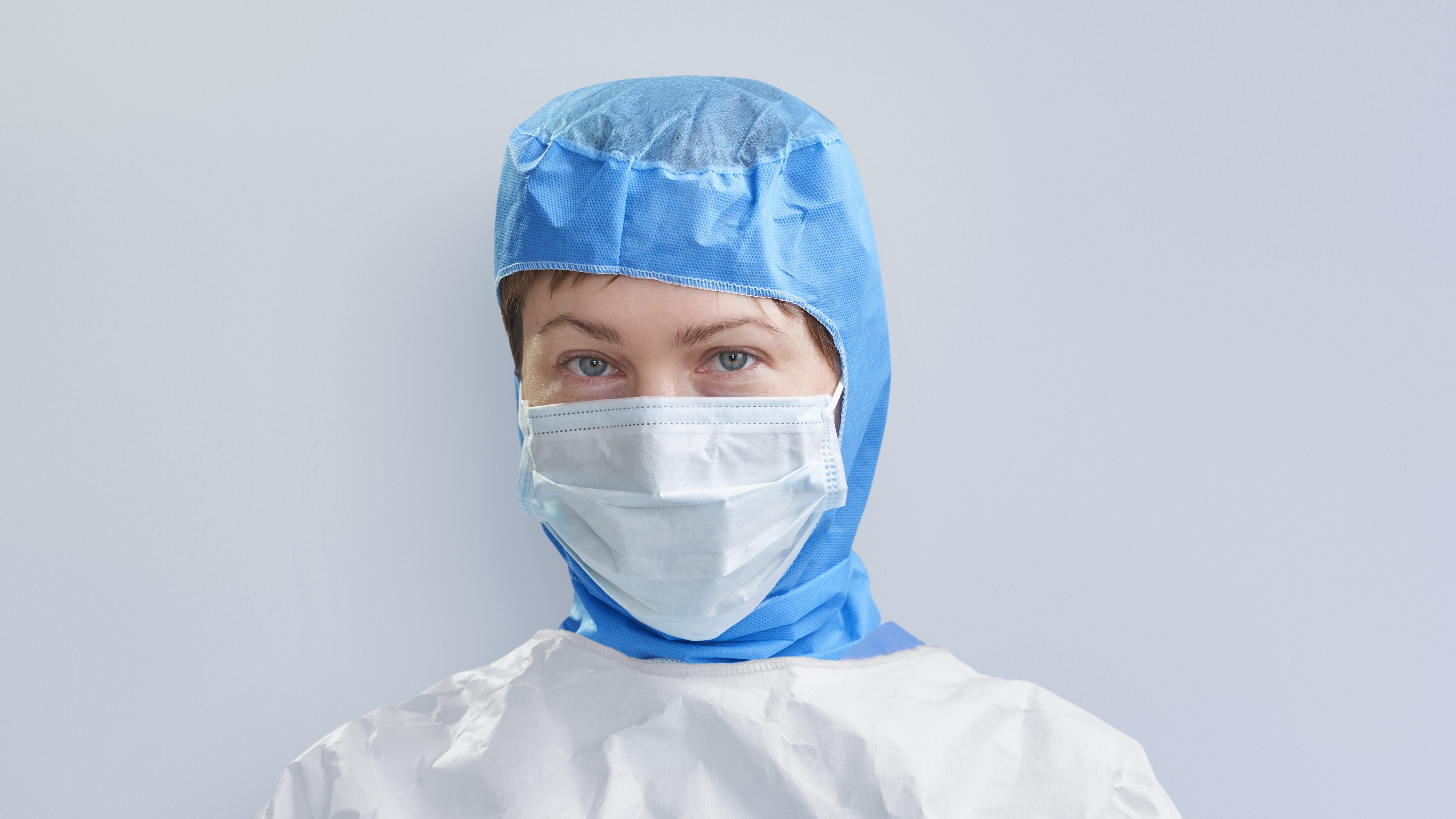WW presents "Distant Voices," a daily video interview for the era of social distancing. Our reporters are asking Portlanders what they're doing during quarantine.
As an emergency room physician, Dr. Laurel Berge says she's spent her career as a "walking time bomb," surrounded by innumerable risks that could, on any given day, detonate in her face.
That threat has never felt realer than right now.
Berge lives in Hood River but commutes to work at Kaiser Permanente Sunnyside Medical Center in Clackamas. Being in the ER, the patients she sees aren't necessarily in the hospital for reasons related to the current health crisis. But the virus is never far from her mind.
"Something will stand up on the back of your neck to say to run the test," Berge says.
In those cases, Berge says she and her staff must react with caution. Supplies, including tests and personal protective equipment, are extremely limited, forcing difficult ethical decisions she describes as "psychologically tolling."
It's for that reason that Berge co-founded Help Make [Better] 50, a nonprofit dedicated to producing isolation gowns for health care workers—a significantly more involved process than the facial coverings being sewn in living rooms across the country. The medical-grade fabric used to make them is patented, and putting them together requires highly specialized sewing machines and an ultrasonic welder.
Despite those hurdles, HMB50 has managed to distribute 5,000 gowns in just the past month. Its website contains a private portal with technical information about making the gowns, so other garment manufactures can replicate the process.
But, as Berge tells WW Editor Mark Zusman, no matter what she or any of the other volunteer PPE makers in America do, it might never be enough.
